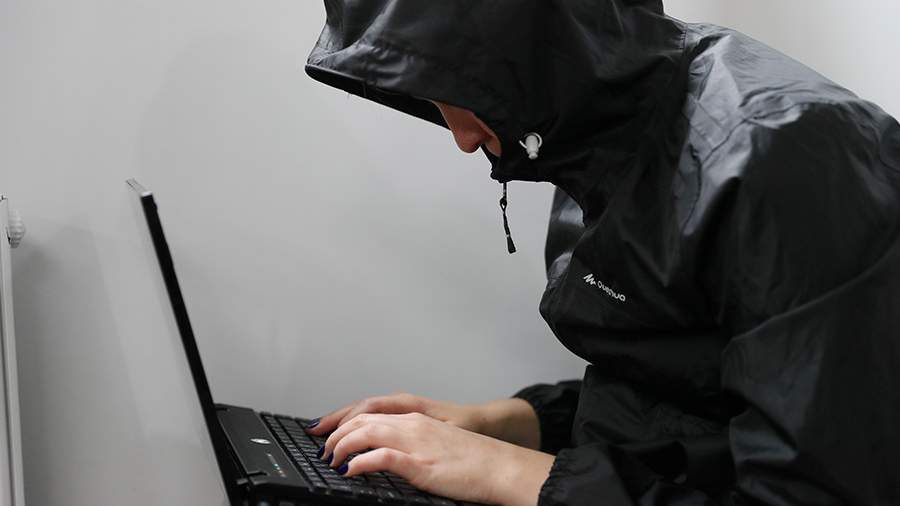Cybersexpert Ievlev linked self-locking on a loan with new types of fraud

"The attacks will be targeted, not massive, like calls from "bank security services." They will be based on collecting a large amount of personal information about the victim," he said in an interview with Lenta.Ru.
According to Ievlev, self-locking on a loan on the service will help scammers come up with other tactics. He clarified that the measure would lead to an increase in attacks using social engineering.
Attackers may try to steal the electronic signature of Russians and collect more personal data in order to obtain the key to the victim's personal account.
In this regard, Ievlev urged users to be more careful about the dissemination of personal information on the Internet. This includes not sharing your daily routine, hobbies, or favorite places.
At the same time, the expert noted that the initiative will reduce the risks of losing money to socially vulnerable segments of the population.
Earlier, on March 3, the Ministry of Finance of the Russian Federation reported that the self-locking service for loans and borrowings, which was launched on the Gosuslugi portal on March 1, was used in two days href="https://iz.ru/1848052/2025-03-03/pochti-2-mln-rossiian-ustanovili-samozapret-na-kredity-cherez-gosuslugi"> 1.7 million people. Those who applied for self-locking have a special mark in their credit history. If there is one, banks and microfinance organizations must refuse to apply for a loan or loan.
Переведено сервисом «Яндекс Переводчик»
